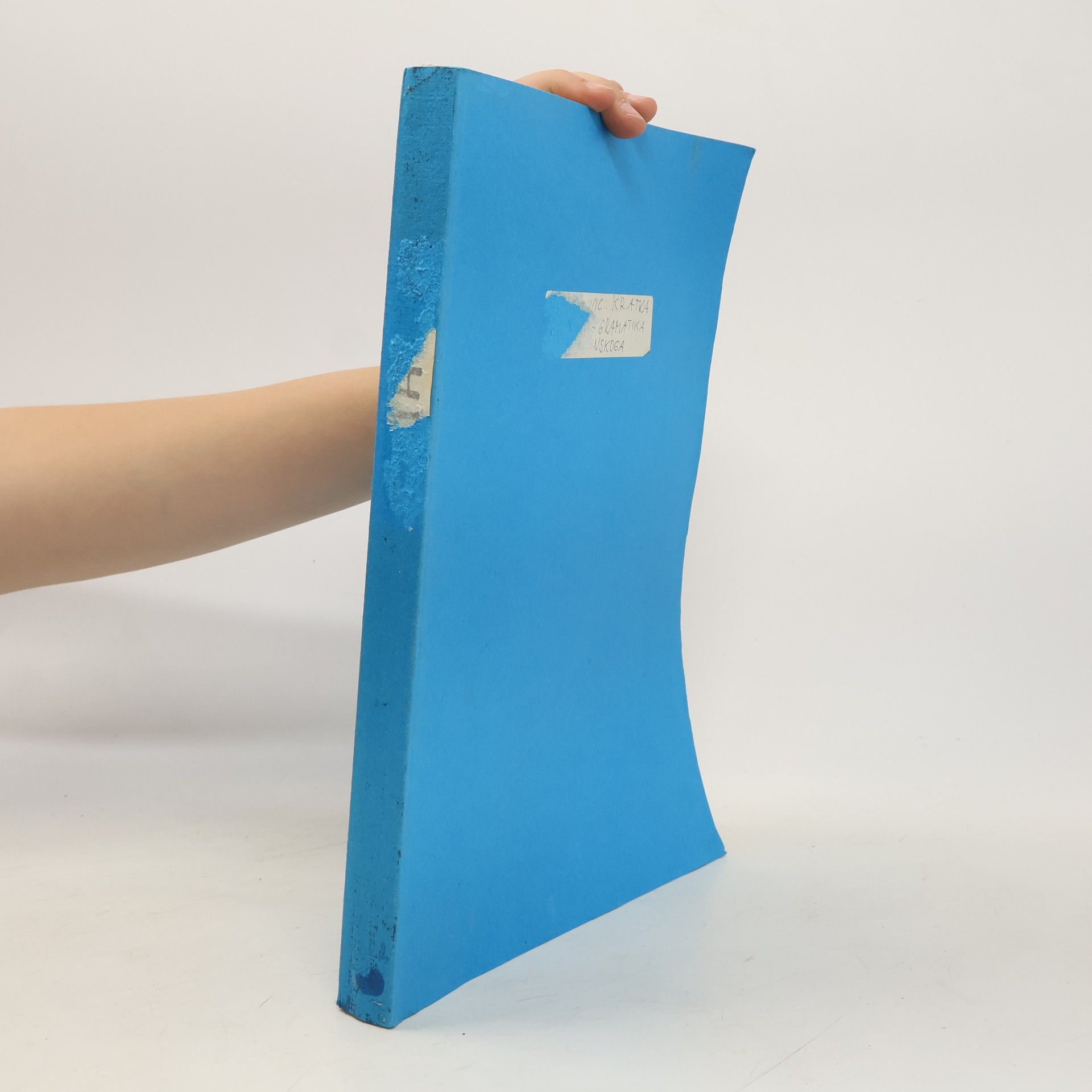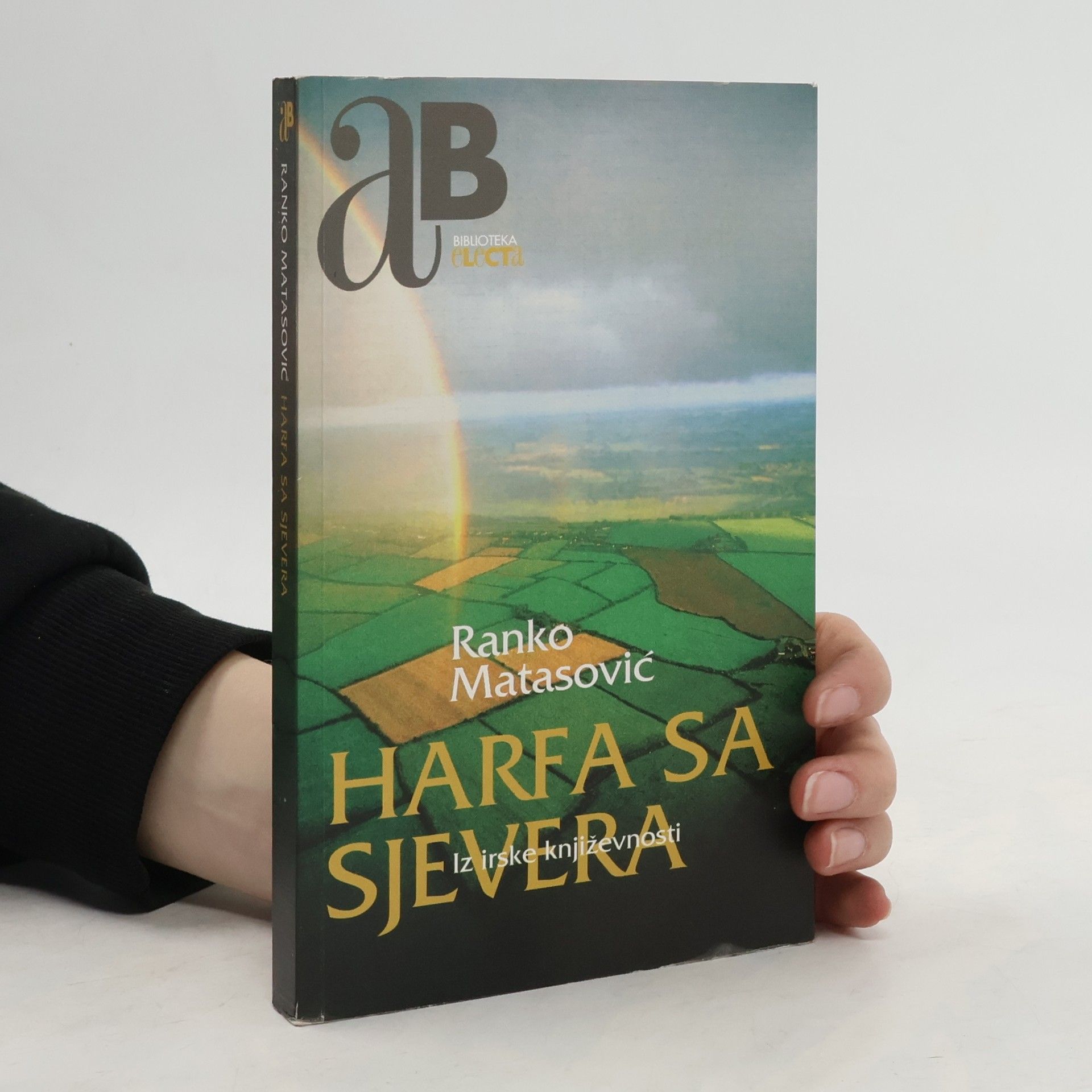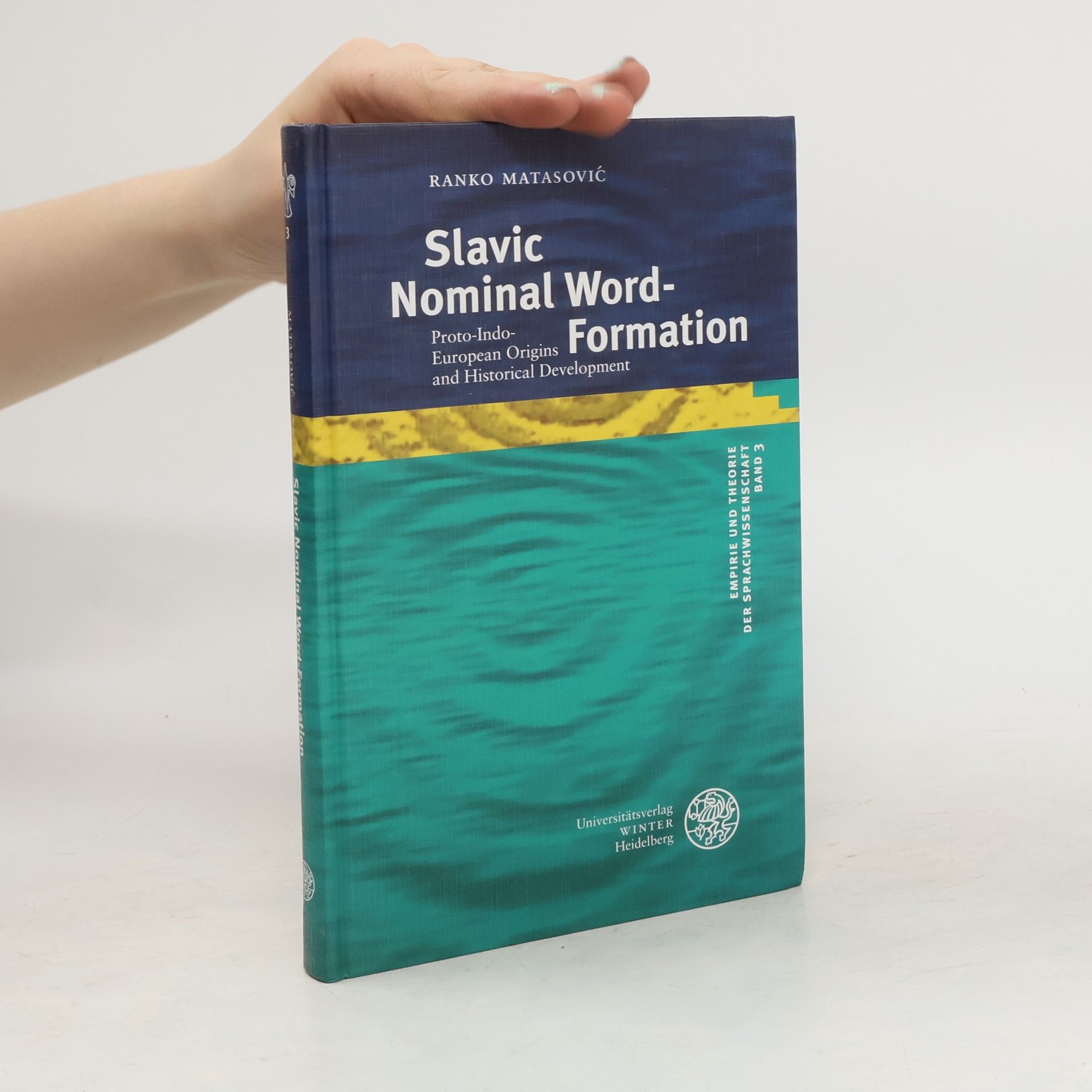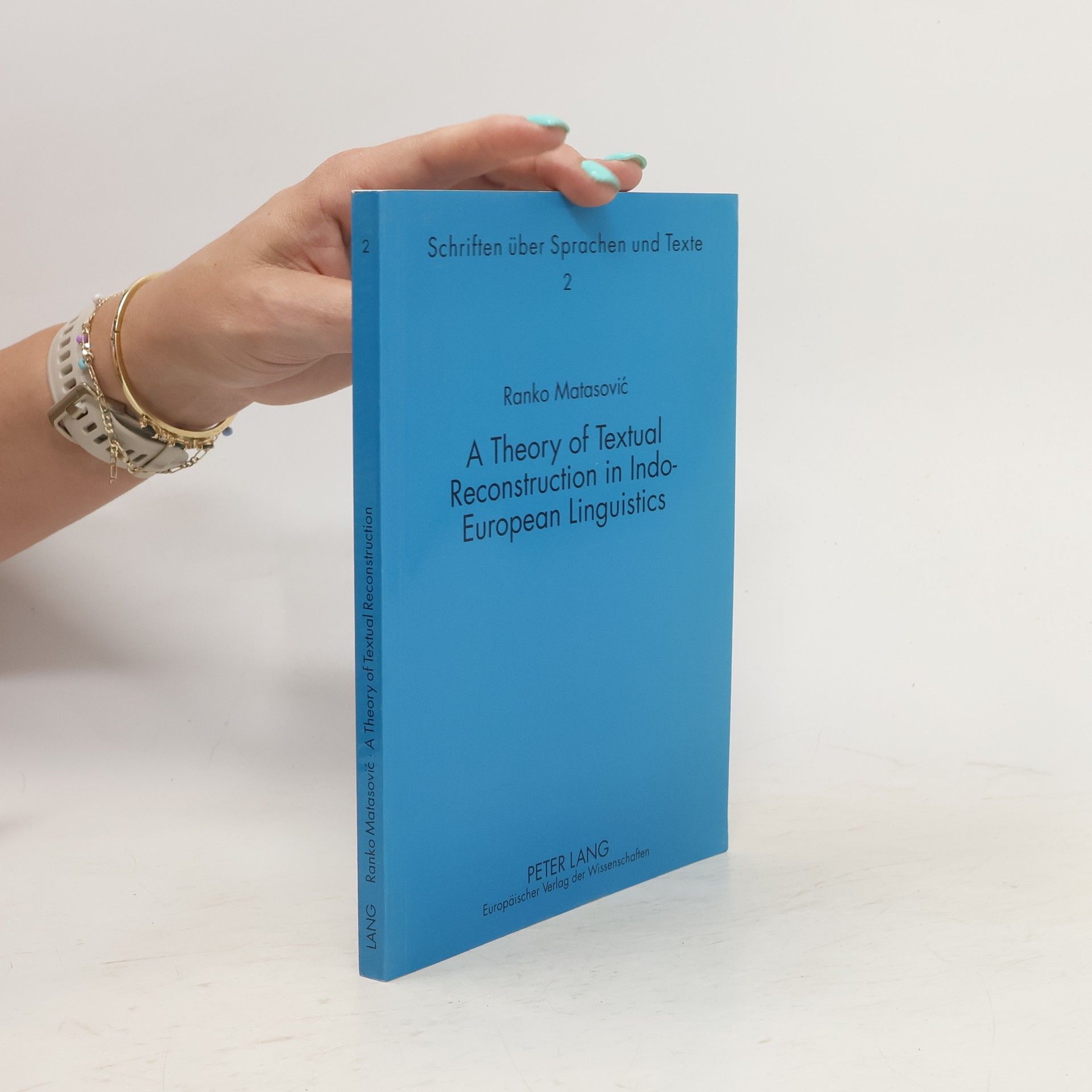The theory presented in this book is an attempt to extend the comparative method to linguistic structures of the highest level, i.e., to texts. It shows how fragments of Proto-Indo-European poetry can be reconstructed on the basis of etymologically related expressions, occurring in corresponding contexts in various Indo-European languages. The book also contains a chapter on the formal elements of Proto-Indo-European poetry, and an etymological survey of the poetic terminology of Indo-European languages. The book is intended primarily for Indo-Europeanists, but also for scholars of comparative literature, as its conclusions touch upon the literary prehistory of several Indo-European traditions.
Ranko Matasovic Livres





An Areal Typology of Agreement Systems
- 215pages
- 8 heures de lecture
Intended for experts in typological and areal linguistics and to students of these disciplines, this study contains new theoretical insights into the nature of grammatical agreement, and empirical findings about the distribution of various agreement patterns in the world's languages.
Slavic nominal word-formation
Proto-Indo-European Origins and Historical Development
- 221pages
- 8 heures de lecture
This is the first comprehensive monograph on Slavic nominal word-formation in English. It is a diachronic study of word-formation patterns in Proto-Slavic and their derivation from Proto-Indo-European. All conclusions about the origin of individual nominal suffixes, prefixes and compounding patterns are drawn from the reconstructed Proto-Slavic nominal lexicon. In this way, those word-formation patterns that can be attributed to Proto-Slavic can be distinguished from those that became productive independently in individual Slavic languages. The book contains a discussion of the meaning of Proto-Slavic nominal suffixes and prefixes, their origin and possible Proto-Indo-European sources, as well as an analysis of the accentual patterns associated with them. It also discusses in general outlines the productivity and development of individual nominal suffixes and prefixes in later stages of Slavic, including the major modern languages.
Harfa sa sjevera
iz irske književnosti